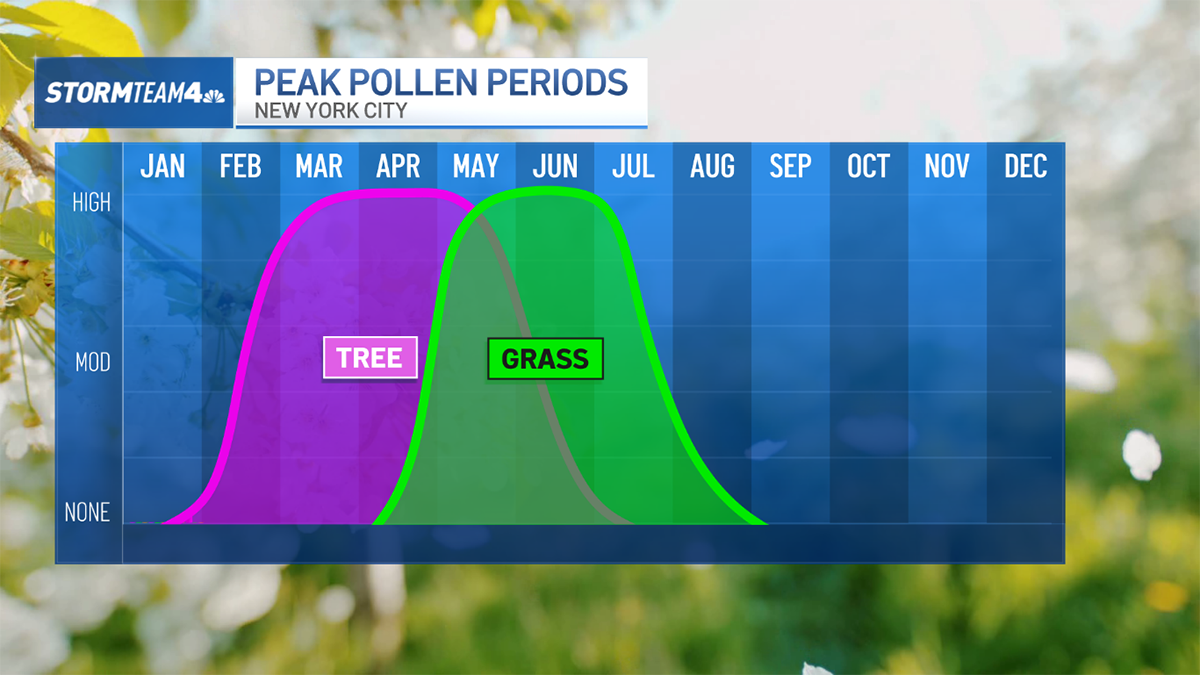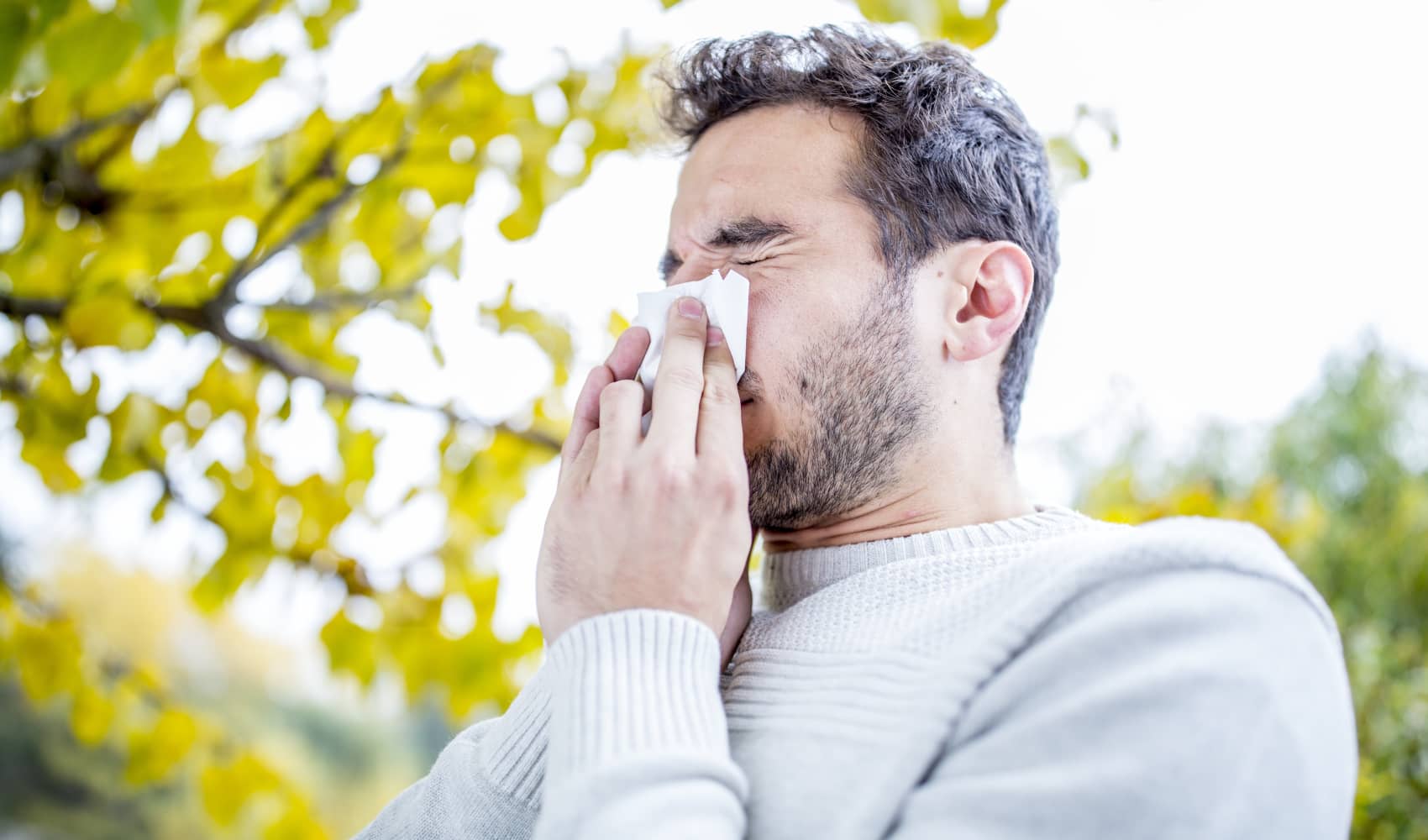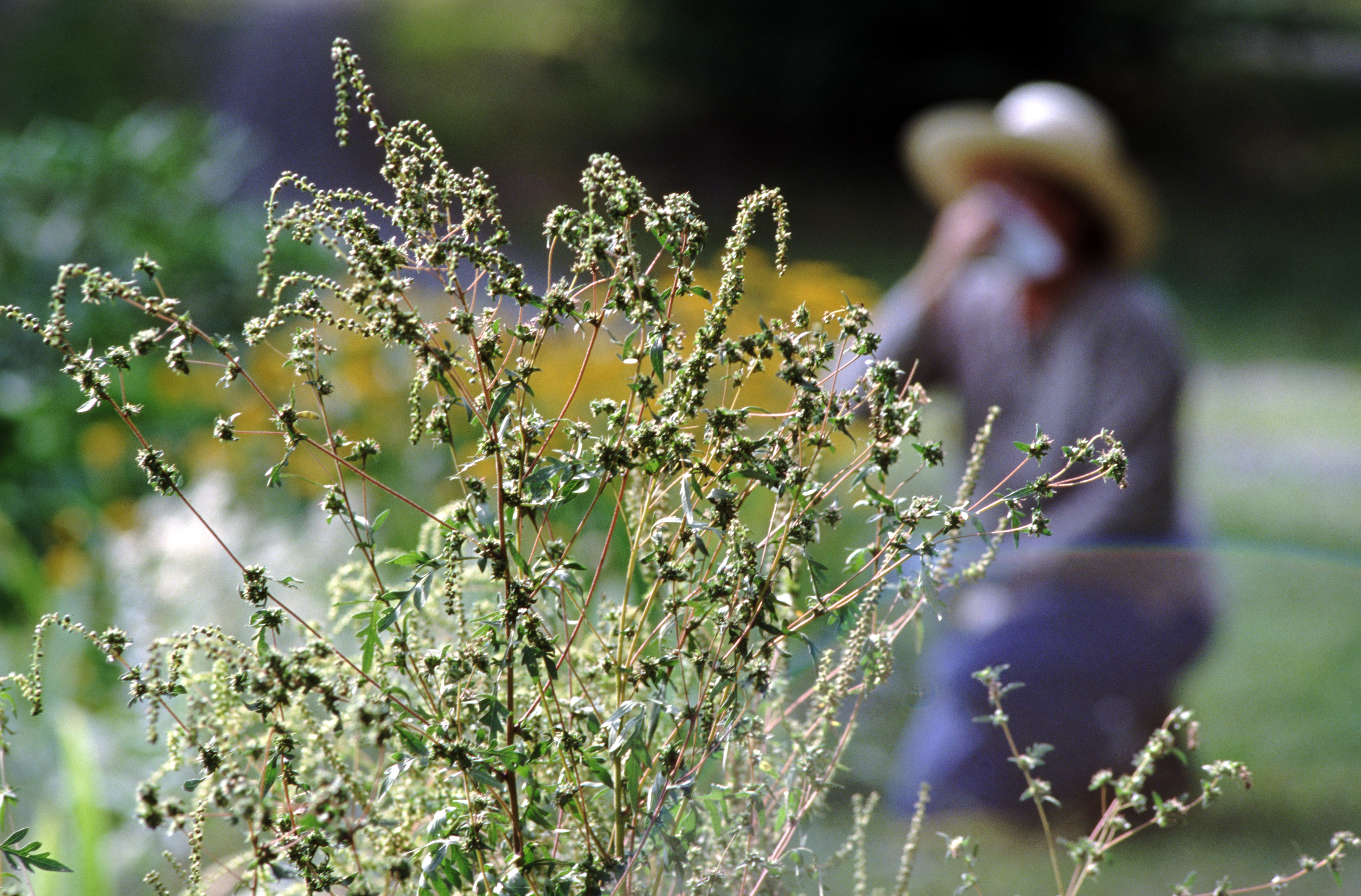Seasonal Allergies Worse? 7 Ways to Find Relief Now!
Are Allergies Worse Than Ever? Conquer Seasonal Suffering!
Itchy Eyes, Runny Nose: Allergy Season's Fury
If you're a seasonal allergy sufferer, you don't need a fancy weather app to tell you the pollen count is through the roof. You're living it! Sneezing fits and itchy, watery eyes have probably been your constant companions since the first hints of spring. That early warm snap might have felt good, but it also kicked allergy season into high gear.
And, unfortunately, we've got a ways to go before we can breathe easy again. So, what's going on, and why does it feel like allergies are worse than ever before? Let's dive in!
Tree Pollen: The Culprit Behind Your Misery (For Now)
April is often the peak of tree pollen season. If you're allergic to tree pollen, you've likely been feeling the full force of it. There's some good news and some… well, less good news. The good news is that the peak for many tree pollens has passed. The less good news? We still have a significant portion of the tree pollen season ahead of us.
Navigating the Peaks and Valleys of Tree Pollen
May should be a little less intense than April. But don't expect a dramatic decline. Tree pollen levels don't typically subside significantly until June. So, patience (and maybe a box of tissues) is key!
Why Do Allergies *Feel* Worse These Days?
Is it just our imagination, or are allergies genuinely worse than they used to be? The answer is a bit complex, but several factors contribute to the feeling that allergies are becoming more severe.
Climate Change: Fueling the Fire
Climate change plays a significant role. Warmer temperatures and changing precipitation patterns are extending pollen seasons and increasing pollen production. Think of it like this: plants are working overtime, and your immune system is paying the price!
Increased CO2 Levels: Supercharging Pollen
Higher carbon dioxide (CO2) levels in the atmosphere aren't just bad for the planet; they're also bad for allergy sufferers. Studies suggest that increased CO2 can lead to plants producing more pollen, and that pollen may be more allergenic. Imagine pollen on steroids – that's essentially what we're dealing with.
Air Pollution: A Double Whammy
Air pollution, particularly from vehicle exhaust and industrial emissions, can exacerbate allergies. Pollutants can irritate the respiratory system, making it more susceptible to pollen. Plus, pollutants can actually change the structure of pollen grains, making them even more allergenic. It's a one-two punch for allergy sufferers.
Beyond Pollen: Other Allergy Triggers to Watch Out For
While pollen gets most of the attention, it's not the only allergy trigger out there. Don't forget about other common culprits that can make your life miserable.
Mold: A Damp and Dusty Foe
Mold thrives in damp environments, both indoors and outdoors. Leaky pipes, humid basements, and piles of wet leaves can all harbor mold. Inhaling mold spores can trigger allergic reactions, similar to pollen allergies. Think of mold as the uninvited guest that crashes the allergy party.
Dust Mites: Microscopic Menaces
Dust mites are tiny creatures that live in dust and feed on dead skin cells. They're found in bedding, carpets, and upholstered furniture. Dust mite allergies are common and can cause year-round symptoms. Regular cleaning and allergen-proof bedding can help control dust mite populations.
Pet Dander: Furry Friends and Unwanted Reactions
Pet dander, the tiny flakes of skin shed by animals with fur or feathers, is a common allergen. Even if you're not directly interacting with pets, dander can linger in the air and on surfaces. If you're allergic to pet dander, limiting exposure and using air purifiers can help.
So, What Can You Do to Ease the Suffering?
Okay, so allergies seem worse than ever, and there are multiple factors contributing to the problem. But don't despair! There are plenty of things you can do to manage your symptoms and find relief.
Over-the-Counter Medications: Your First Line of Defense
Antihistamines, decongestants, and nasal corticosteroids are available over-the-counter and can effectively relieve allergy symptoms. Antihistamines block the effects of histamine, a chemical released by your body during an allergic reaction. Decongestants clear up nasal congestion. Nasal corticosteroids reduce inflammation in the nasal passages. These medications can provide significant relief, but it's important to use them as directed.
Nasal Irrigation: Rinsing Away the Irritants
Nasal irrigation, using a neti pot or saline nasal spray, can help clear pollen, dust, and other irritants from your nasal passages. This can reduce inflammation and congestion, providing significant relief. It might feel a little strange at first, but many allergy sufferers swear by it.
Lifestyle Changes: Creating an Allergy-Friendly Environment
Making a few simple lifestyle changes can significantly reduce your exposure to allergens. These include:
- Keeping windows and doors closed during peak pollen times.
- Using air conditioning with a HEPA filter.
- Washing bedding frequently in hot water.
- Vacuuming regularly with a HEPA filter vacuum.
- Showering and changing clothes after spending time outdoors.
Allergy Shots (Immunotherapy): Long-Term Relief
Allergy shots, also known as immunotherapy, can provide long-term relief by gradually desensitizing your immune system to allergens. They involve receiving regular injections of small amounts of the allergen over a period of several years. Think of it as training your immune system to tolerate pollen instead of attacking it. It's a commitment, but it can be a life-changing option for many.
When to See an Allergist: Getting Expert Help
If your allergy symptoms are severe or not well-controlled with over-the-counter medications, it's time to see an allergist. An allergist can perform allergy testing to identify your specific triggers and recommend a personalized treatment plan. They can also help you determine if immunotherapy is right for you. Don't hesitate to seek professional help if your allergies are impacting your quality of life.
The Future of Allergy Treatment: Promising Developments
The field of allergy treatment is constantly evolving, with new and innovative therapies on the horizon. Researchers are exploring new ways to target the immune system and prevent allergic reactions. From sublingual immunotherapy (allergy drops under the tongue) to new biologic medications, there's reason to be optimistic about the future of allergy treatment.
Conclusion: Taking Control of Your Allergies
While allergies may seem worse than ever, you're not powerless! By understanding the factors that contribute to allergies and taking proactive steps to manage your symptoms, you can significantly improve your quality of life. From over-the-counter medications and nasal irrigation to lifestyle changes and immunotherapy, there are many tools available to help you conquer seasonal suffering. Don't let allergies control your life; take control of your allergies!
Frequently Asked Questions
- Why is my allergy medication not working as well as it used to? Your body can develop a tolerance to certain antihistamines over time. Consider switching to a different antihistamine or talking to your doctor about other treatment options.
- Can I develop allergies as an adult, even if I never had them as a child? Yes, it's possible to develop allergies at any age. Changes in your environment, immune system, or exposure to allergens can all contribute to the development of new allergies.
- Are there any natural remedies that can help with allergies? Some people find relief with natural remedies like honey (local honey is often recommended), butterbur extract, or quercetin supplements. However, it's important to talk to your doctor before trying any new supplements, as they can interact with medications or have side effects.
- How can I reduce mold in my home to alleviate allergy symptoms? Regularly check for and repair any leaks or water damage. Use a dehumidifier to keep humidity levels below 50%. Clean bathrooms and kitchens with mold-killing products. Ensure proper ventilation in damp areas.
- Is it possible to be allergic to rain? While rare, some people experience allergic reactions triggered by rain. This is often due to mold spores or pollen being released into the air by the rain.



